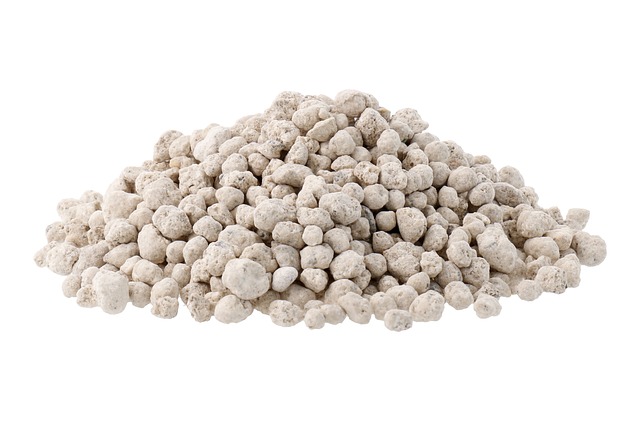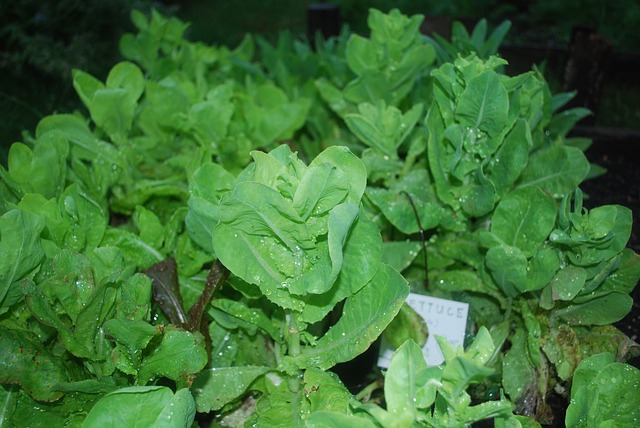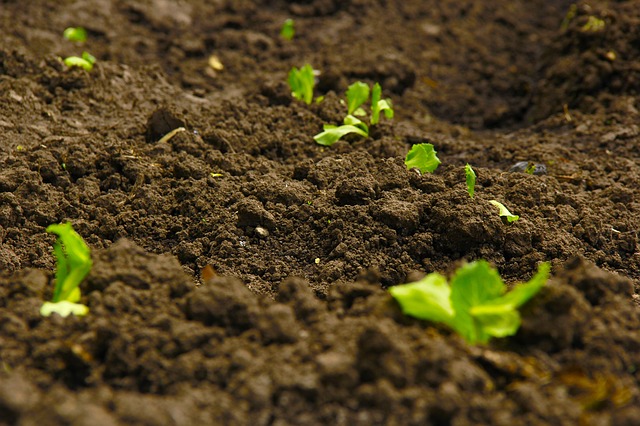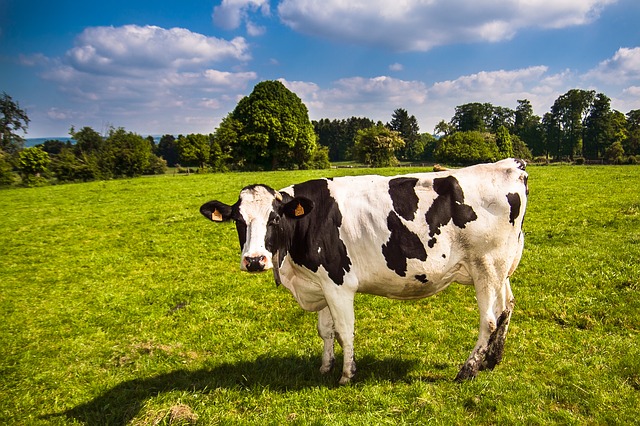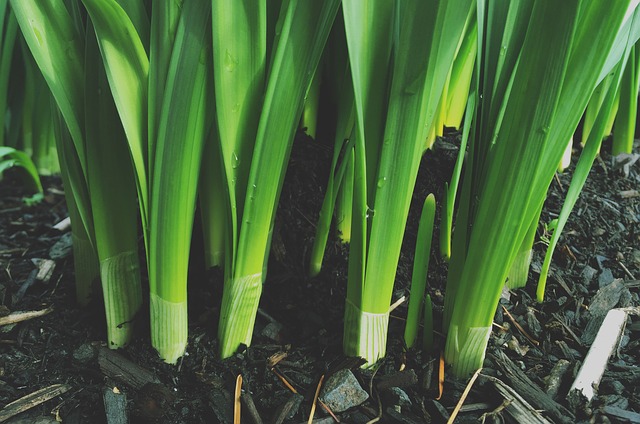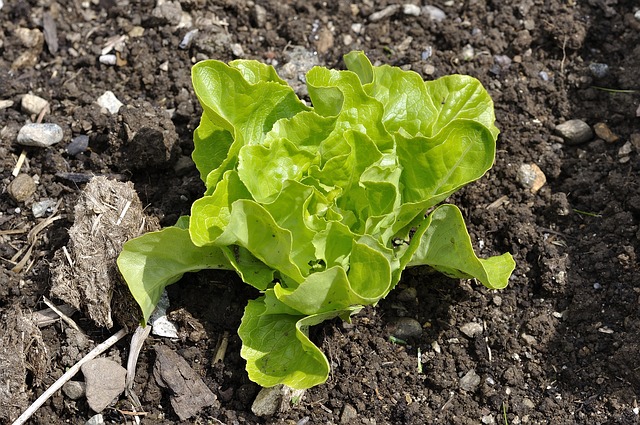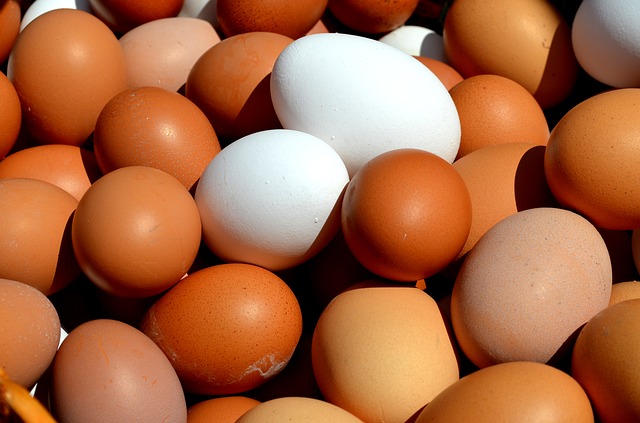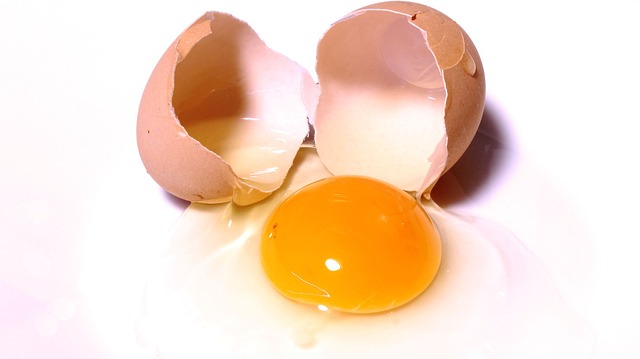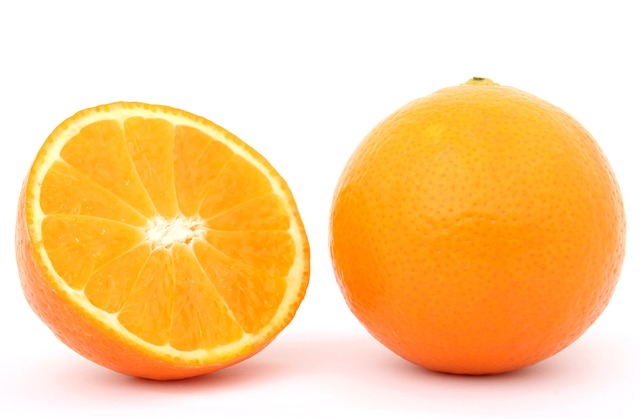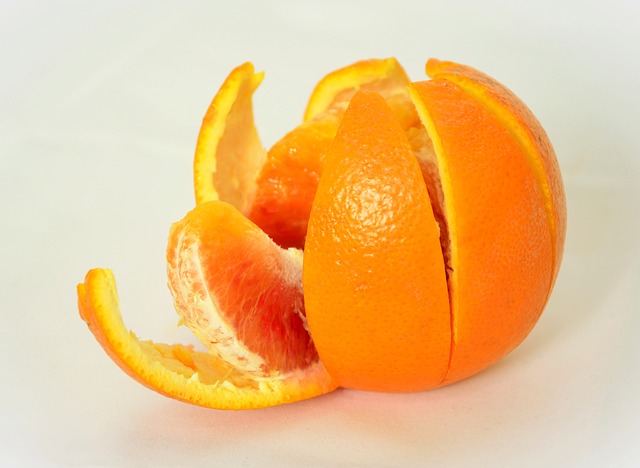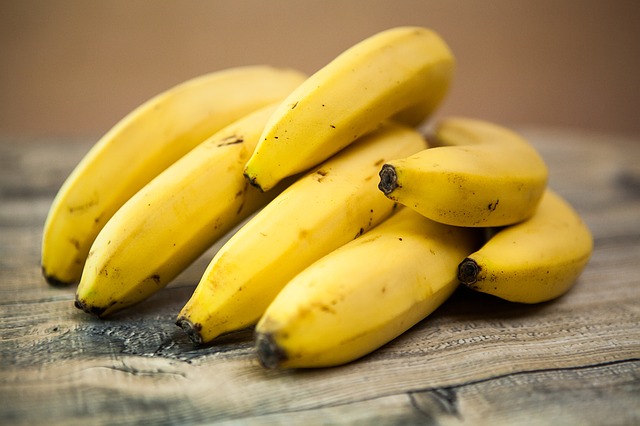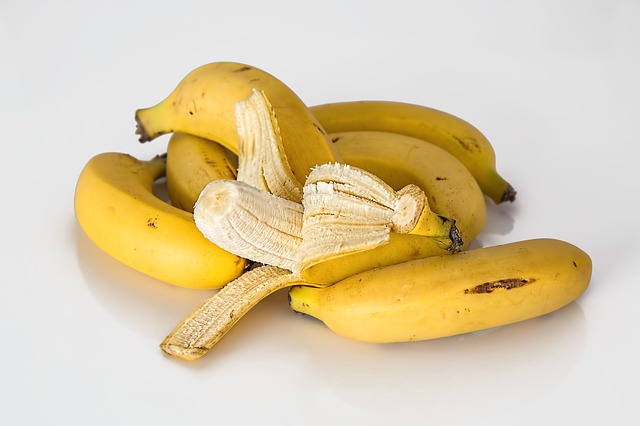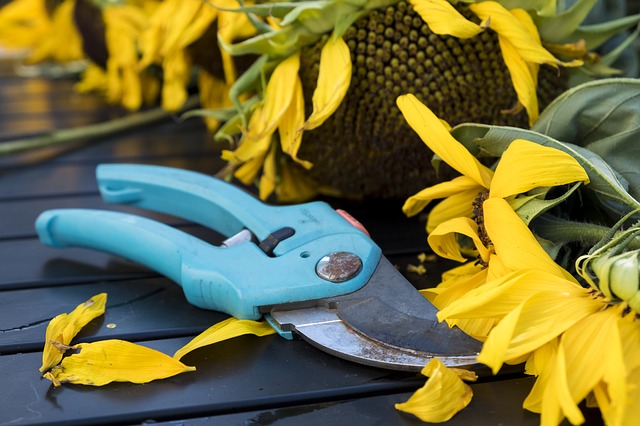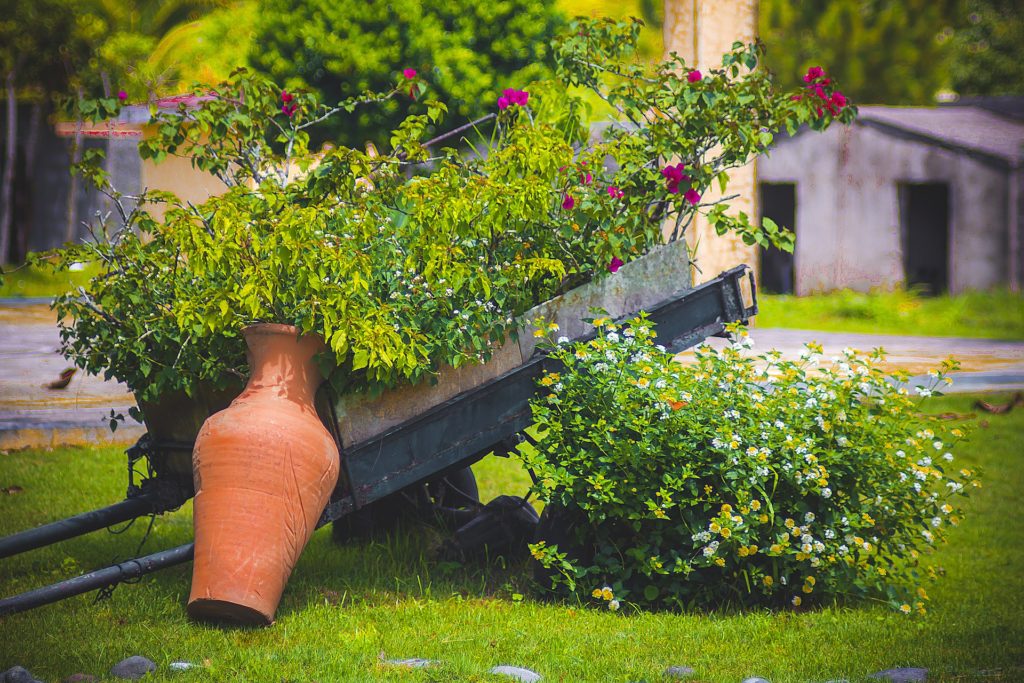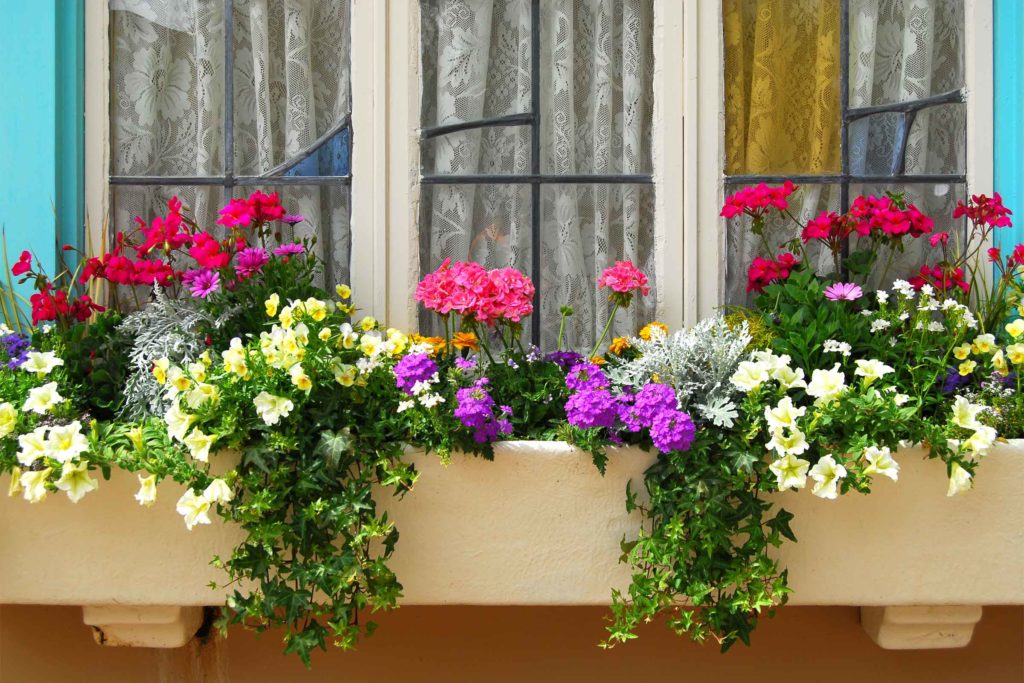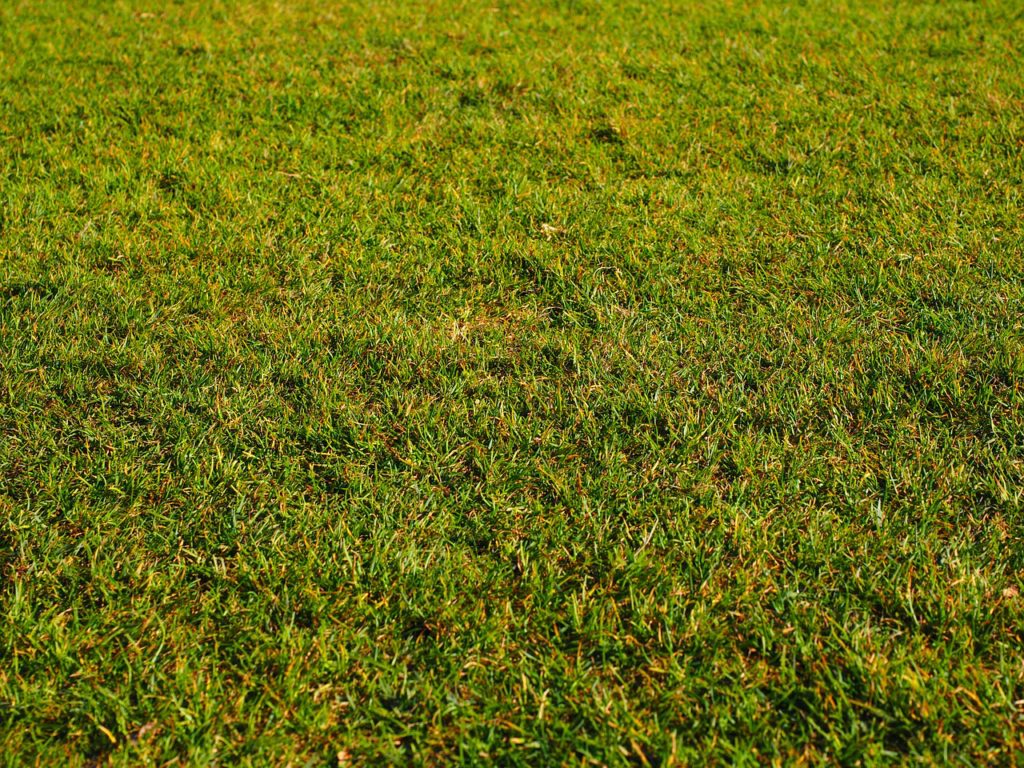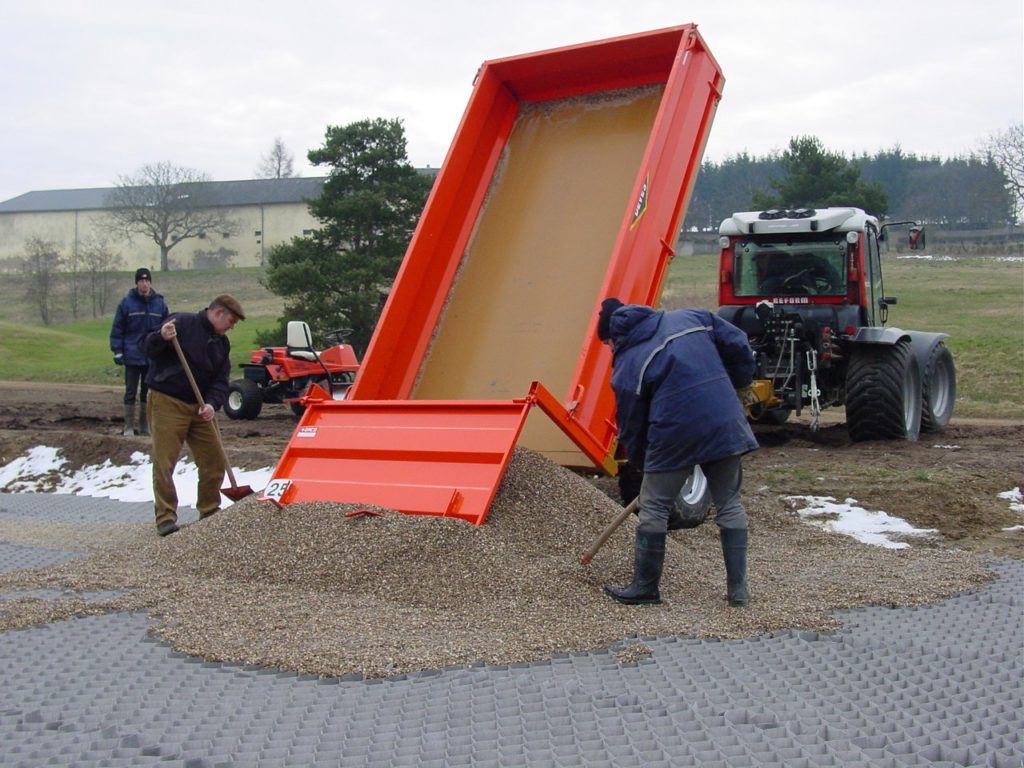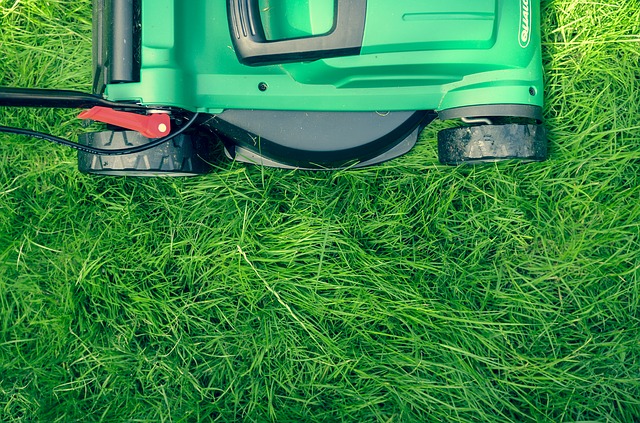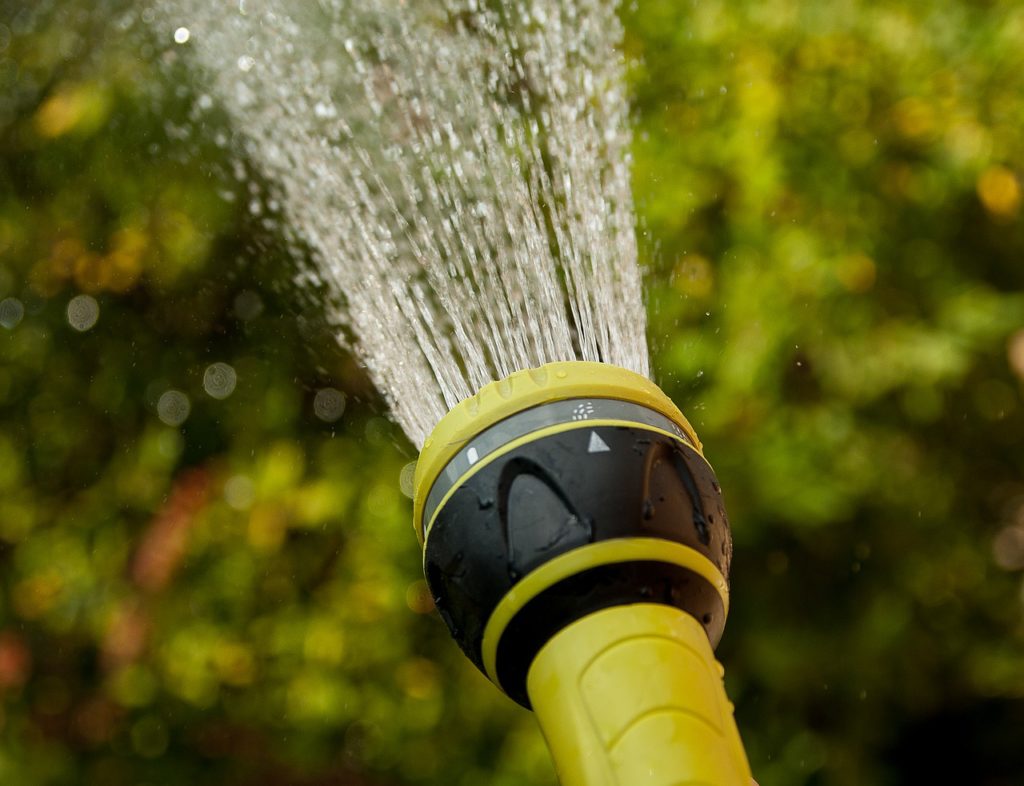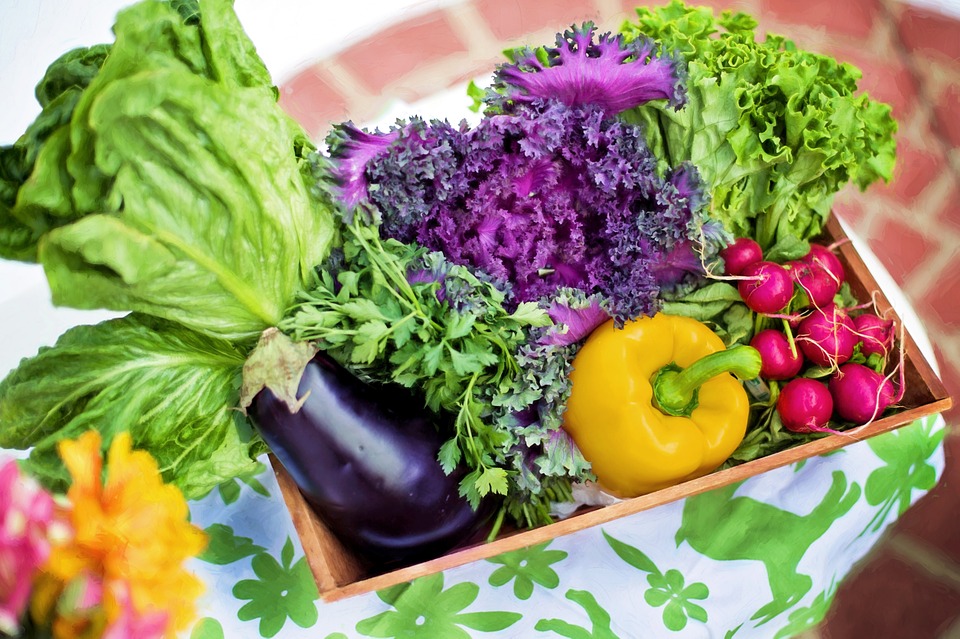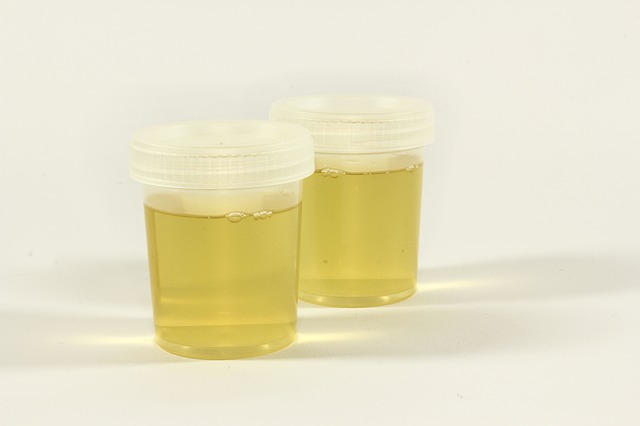
While urine is waste, it also contains nutrients that our bodies can’t use. But your garden can! Using urine as fertilizer is free and as organic as it gets! Here’s what you’ll need to know when thinking about using it.
There have actually been multiple studies that have shown that when used in the soil to grow a variety of plants and vegetables human urine can produce added growth. In fact, in many instances, there was even more growth than when chemical fertilizers were applied. (Of course, results may depend on a variety of factors).
The Big Three
You can use human urine as fertilizer for plants because it has some very important nutrients that they need. In fact it contains three of the most vital of all: nitrogen, phosphorous, and potassium. Nitrogen is responsible for vegetative growth while phosphorous helps the flowers, fruits, and roots to develop.
Potassium aids plants in taking in other nutrients and at the same time fights off diseases. Nitrogen, phosphorous, and potassium also happened to be the main nutrients that are used in chemical fertilizers. The ratios of each are displayed on the packaging of fertilizers and are known as the N-P-K ratio. The average person’s urine has an N-P-K ratio of about 11-1-2.5.
How To Use Urine As Fertilizer
You shouldn’t get too excited and give your lawn or vegetable garden a soaking of pee right away. Your urine contains salt and that can suck up moisture from plants. That’s why for example you often see yellow spots on the lawn in areas where dogs like to go.
When using urine as fertilizer dilution is the key. In other words that pee just needs to be watered down first so that it’s not so concentrated. In order to do this, you’ll want to first collect your urine. Peeing in a plastic bottle or jug is usually the most convenient method.
How much you dilute your urine can depend on the type of plants you are using your urine fertilizer for and their needs. You may want to dilute it as little as 1:1 so equal parts urine and water. However a much more common ratio would be around 1:10, so one part urine for ten parts water. Or you may want to go even more diluted with something like 1:15.
When using urine as fertilizer it’s important to make sure that you don’t actually water the leaves or fruits of the plants since this can actually burn them. You want to place your diluted solution directly into the soil surrounding your plants. Digging up a shallow trough, adding the solution, and then covering it back up is another option. Keep in mind the fresher the urine the faster it will break down.
Extra Advantages Of Using Urine As Fertilizer
Many people don’t realize that human urine is sterile so you won’t have to worry about any bacteria or pathogens when using it in the garden. And of course, it’s free which can help you to save your hard-earned cash instead of purchasing fertilizer from the store.
In fact, it’s estimated that the average family of four people produces enough urine on a yearly basis to equal roughly the equivalent of a one hundred and ten pound bag of store-bought fertilizer. By using urine instead of chemical fertilizers you’re also doing a service to the environment and potentially protecting your health from any unwanted and unknown side effects of those chemicals.
Interestingly because it’s chemical-free, low cost and readily available cow urine has been used successfully as a fertilizer as well. Studies in countries such as India have shown that using cow urine as fertilizer can greatly improve soil quality in a cost-effective and natural manner. Although it does have to go through a fermentation process before it can be applied.
Using Urine In Compost
If you have a compost pile or bin you may want to consider using your pee there too or as an alternative. By adding urine compost gets a huge boost when first starting out. And of course, the end result is soil that is very nutrient-rich so you may not need to fertilize later on. Another benefit is that you don’t need to dilute your urine before you add it. You can pour it in or simply pee right on your pile.
There you have it, the basics of using human urine as fertilizer. So be sure to keep this info in mind to help give your garden an all-natural boost!
Start Shopping for Gardening Supplies!
The Best Places To Find Free Composting Materials
Many people are interested in composting but feel like they don’t have access to enough organic materials. Luckily there are a range of places you can find free composting materials to get started or make your current pile bigger. Here are some of the best and easiest...
4 Steps to Get Your Garden Ready for Spring
After being cooped up all winter, you may be dreaming about harvesting from a lush summer garden. But before you get there, there’s a lot of work to be done to get the garden ready. Spring garden prep can be intimidating, especially if your garden beds have been left...
What Not To Compost
Composting has many excellent benefits. It allows you to recycle organic material which can then be used to help to enhance your soil. And of course, it’s an environmentally friendly way to reduce trash. But before you get started you’ll need to know what not to...
How To Build A Vegetable Garden That Is Both Tasty And Attractive
A healthy vegetable garden can provide you with hours of stress-busting, mental health-boosting fun and give you and your family healthy, organic produce to eat for months. If you have even a few square feet of yard space, planting a vegetable garden is easy and...
Using Eggs Shells In The Compost
There are many food scraps that people use in their compost. However, there is one that is often overlooked. Using egg shells in compost is not just a great way to help reduce waste but also boosts the nutrient content of the soil you are creating for your plants....
Using Egg Shells In The Garden
Once you learn how you can use egg shells in the garden you won’t just think about eggs solely as food. Their shells are a free way to add to the health of your soil and plants, but they also have quite a few other helpful benefits as well. Here are the best ways to...
Using Orange Peels In The Garden
Oranges are a healthy snack and ingredient but you’re most likely wasting one of the most beneficial parts, the peel. While we can’t eat them, using orange peels in the garden has many surprising advantages. Here are the top ways you can put your peels to work....
Can You Compost Orange Peels?
If you’ve ever wondered, "can you compost orange peels?" the answer is yes. Although there are a few things you should know when doing so. So here’s your fast guide! Composting Basics When composting, you’ll need to include a mix of both carbon and nitrogen-rich...
The Urine-Compost Connection
Composting is all about re-using organic materials. And like the majority of us, you probably have been flushing away one of the most natural ways of all to condition your compost. By adding urine compost can be given a huge boost and that is passed on to whatever...
Using Banana Peels In Compost
Can you put banana peels in compost? You bet you can! While bananas offer us some extremely important nutritional benefits that help us to stay healthy, their peels can be used to add to the health of your compost pile as well. Bananas are one of the most popular...
Using Banana Peels In The Garden
Bananas are both delicious and healthy. And you may have wondered after finishing your morning shake or afternoon snack whether those peels you’ve been throwing away for years could be used for other things. What can you do with banana peels? It turns out quite a lot,...
Common Gardening Injuries And How to Avoid Them
While gardening isn’t necessarily the most dangerous pastime one can think of, injuries do occur. Recent data suggests that in the US alone, over 300,000 gardening injuries occur annually. So whether you are a seasoned gardener or are just beginning, it’s important to...
Just Moved? How To Safely Transport Your Plants Into Your New Garden
It can take years of planting and care to create a magnificent garden. That’s why the prospect of relocating or moving houses can induce anxiety in gardeners. Whether you plant ornamentals, or if you grow your own vegetables, having to start over can be a daunting...
Filling Those Window Boxes: Flower Species That Thrive With Container Gardening
Those traditional window boxes overflowing with flowers may remind you of summer cottages or childhood dreams. This particular feature is one that you want at your home all year-round. Container gardening for window boxes takes a certain flair for picking out the...
Why You’ll Want To Revamp Your Garden with Artificial Grass
Installing an artificial lawn is an easy and attractive way to improve and revamp your garden. This is because an artificial lawn is like a real lawn, only much better! Artificial grass has been developed to such a high-quality standard that it looks and feels as...
The Best Grass Types For Creating A Drought Tolerant Lawn
Many of us live in dry and arid places. There are many locations around the world that unfortunately for your lawn don’t get much rain throughout the year. For people who live in these places, a green, healthy-looking lawn can seem impossible to have and maintain....
Garden Drainage: How to Avoid a Waterlogged Garden & Patio
Many locations around the world get a lot of rain. With an average of 33 inches of rain per year, this is especially true in the U.K. where it is rare for a day to pass that it is not raining somewhere. Regardless of where you live this can lead to problems with...
Easy Lawn Care? Experts Say It’s Possible With These Tips!
There's no way around it: If you want a lush lawn, you have to work for it. That entails putting in a lot of time, effort, and yes, money. And even if you are hiring experts in lawn care, you will still need to shoulder some of the responsibilities involved. That does...
Water-Wise Landscaping: Avoid Cultivating These Types Of Plants
Water is one of the primary needs of all plants. They need to receive the right amount of hydration to grow and thrive properly. You can ensure your plants get the hydration they need by watering them regularly using a garden hose or watering can, or by having a...
Starting A Vegetable Garden: Motivational Tips For Beginners
Back in the day, our ancestors did not have to go very far to buy vegetables, they just had to step out in their garden and pick up free, fresh veggies. Unfortunately, over generations, most of us have lost touch with our natural gardening instincts due to the busy...
